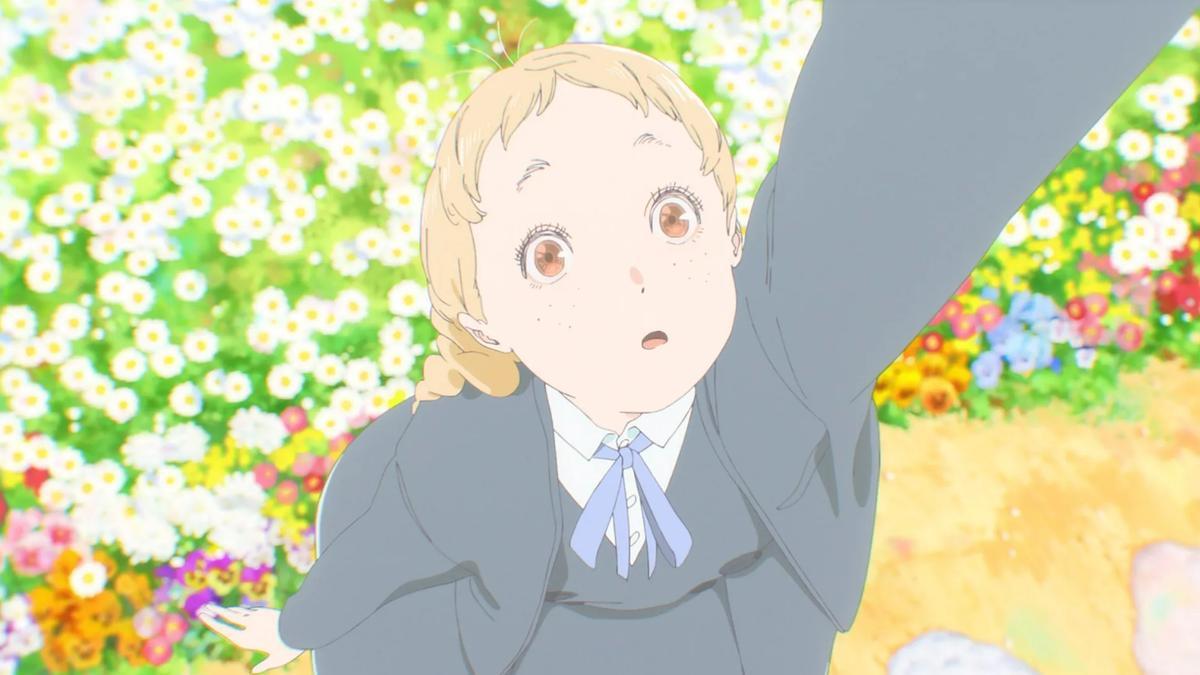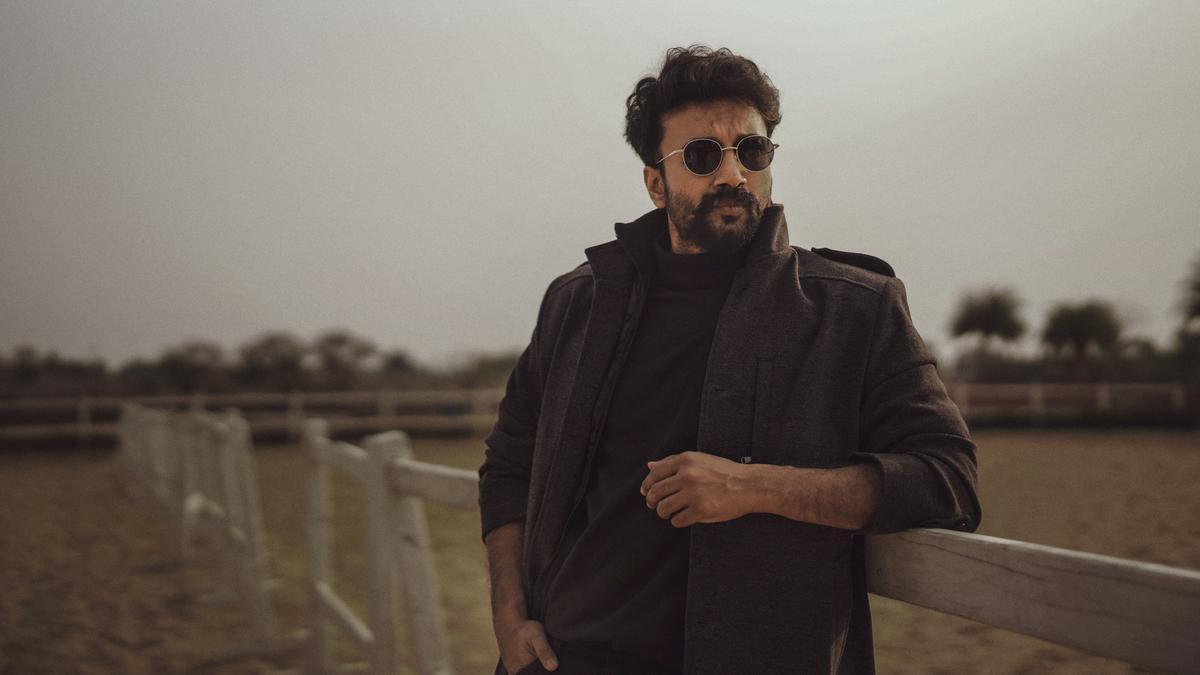
Amidst severe strain in bilateral ties, Canadian Prime Minister Justin Trudeau on Saturday emphasized a commitment to working together with India to tackle some very important issues. This statement followed his meeting with Indian Prime Minister Narendra Modi on the sidelines of the G7 Summit.
The interaction between the two leaders occurred on Friday in Apulia, southern Italy, marking the first such engagement amid strained diplomatic relations over pro-Khalistani extremism. Prime Minister Modi even posted an image of their handshake on social media, captioned with a succinct line: “Met Canadian PM Justin Trudeau at the G7 Summit.”
This meeting comes after Trudeau’s allegation that Canadian authorities are actively investigating “credible allegations” of Indian government involvement in the murder of Hardeep Singh Nijjar, a designated terrorist, which led to a significant rift between the two nations. The Ministry of External Affairs (MEA) of India had strongly rejected these allegations as absurd and motivated.
At a press conference in Savelletri Di Fasano, Italy, on Saturday, Trudeau refrained from diving into the specifics of this sensitive issue. “I’m not going to get into the details of this important, sensitive issue that we need to follow up, but this was a commitment to work together, in the coming times, to deal with some very important issues,” he stated.
The urgency of this matter is underscored by the fact that the last meeting between the two leaders occurred only a month prior, on the sidelines of the G20 Summit hosted by India in September.
Following their brief meeting on Friday evening, the Canadian Prime Minister’s Office disclosed that the leaders engaged in a “brief discussion on the bilateral relationship.” Notably, Trudeau also took the opportunity to congratulate Modi on his re-election, highlighting that despite the tension, formalities of diplomatic etiquette were observed.
Ann-Clara Vaillancourt, a spokesperson from the Canadian Prime Minister’s Office, reiterated the necessity for discretion in their ongoing dialogues. “Of course, there are important issues between our two countries right now. You can appreciate that we won’t be making any further statements at this time,” Vaillancourt was quoted by the Canadian Press news agency.
The heart of the current diplomatic tension lies in India’s position that Canada has been providing a safe haven for pro-Khalistan elements operating with impunity. India has repeatedly conveyed its “deep concerns” to Canada, expecting stringent actions against these extremist elements.
It is worth noting that the issue of pro-Khalistani extremism has long been a thorn in Indo-Canadian relations.
. The movement, which seeks the creation of a separate Sikh state, has found a sympathetic audience among some sections of the Canadian Sikh diaspora. This has led to allegations from the Indian side that Canada is not doing enough to curb the activities of these groups.
For Justin Trudeau, the predicament is intricate. On one hand, he must address the demands and concerns of a significant Canadian Sikh community, which holds considerable political sway. On the other, Trudeau must navigate the broader implications for Canada’s foreign relations, particularly with India, a key partner in many strategic domains including trade, technology, and education.
Meanwhile, back in India, the stance remains firm. New Delhi continues to urge Ottawa for decisive action against those who promote sectarian violence and extremism from Canadian soil. The Indian government’s concerns are not just limited to diplomatic channels but also resonate in the broader Indian populace, where the scars of Khalistani terrorism from the 1980s are still fresh.
Despite the frictions, India and Canada have substantial areas of cooperation that both nations are keen to preserve and expand. Trade, encompassing goods and services, students’ mobility, and technology partnerships, are sectors that witness robust engagement. The two countries also share interests in global multilateral forums where their collaboration is seen as mutually beneficial.
The optics of Trudeau and Modi shaking hands at an international forum like the G7 Summit sends a significant signal to domestic and international watchers. It underscores that despite serious disagreements and heightened rhetoric, the channels of communication remain open and there is a willingness to address contentious issues head-on. This meeting, even though brief, is a positive step towards managing a relationship that holds importance for both nations in different dimensions.
As the global landscape continues to evolve, the dynamic between India and Canada will undeniably be a subject of close observation. The commitment expressed by Trudeau to work together with India on key issues echoes a sentiment of cautious optimism, a necessary ingredient for diplomacy in these complex times.
(This story has not been edited by DNA staff and is published from PTI)










